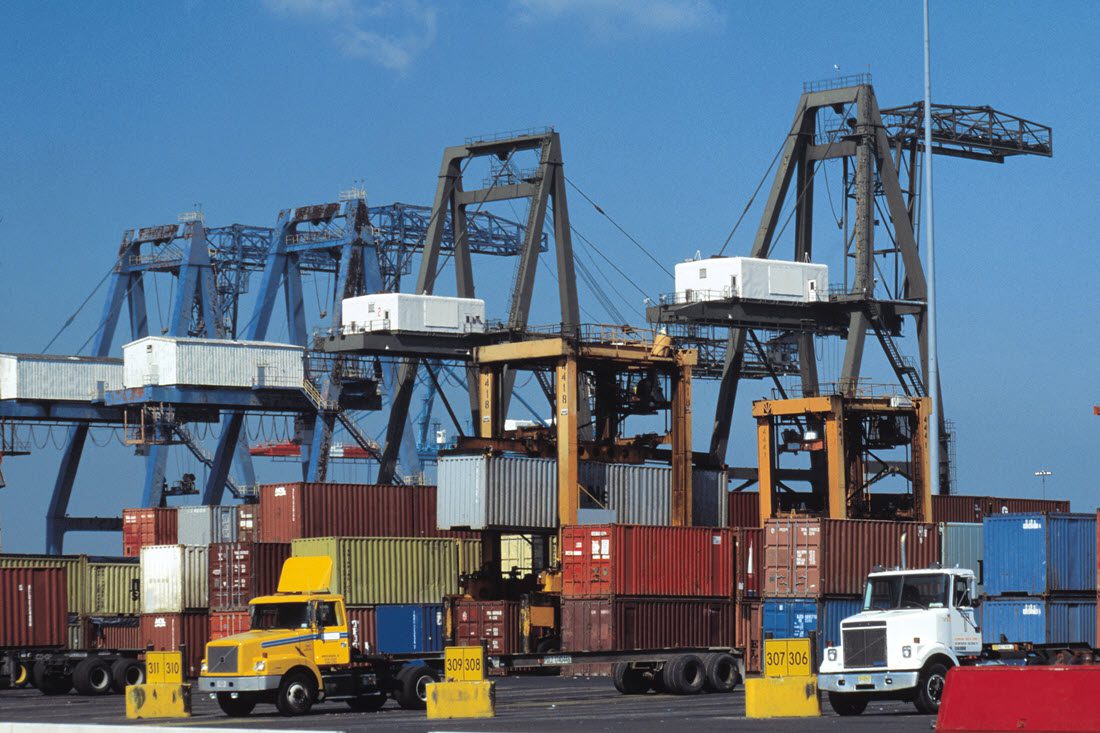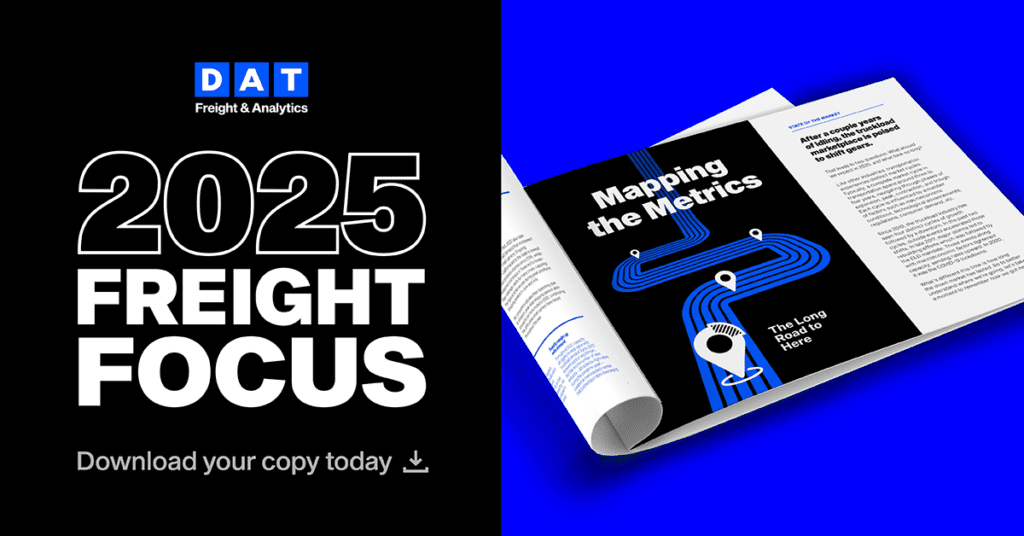Recent weeks have seen a high level of volatility and a sense of growing uncertainty in both the U.S. and global financial markets. Despite all the hand-wringing on Wall Street, however, the transportation economy continues to signal economic expansion. The hard data of physical goods flow confirms that people are still making things, shipping things, and buying/consuming things. Perhaps this activity is not achieving the scorching pace attained earlier this year, but it’s still happening at an above-average pace.

Financial markets are largely driven by emotion, but freight flows are not. We are not alarmed about a slower growth rate in shipments. However, we would be negligent if we did not acknowledge two storm clouds on the economic horizon:
- Threats of increased tariffs on trade with China throttled volumes in some areas of the U.S. economy, including agricultural exports and some raw materials. Uncertainty may linger even when the trade issues are resolved.
- The recent decline in WTI crude has made oil and gas exploration less profitable, lowering the incentive to drill new wells. Even at $51 or $52 per barrel, WTI prices have not fallen below the marginal cost of production for fracked crude in almost all areas of the U.S., but the decline has effectively slowed the rate of growth in the industrial economy.
Despite these potential problems, we maintain a cautiously bullish outlook, since the freight markets — or more accurately goods flows — have a well-earned reputation for predictive value. Also, freight flows are not subjected to the anchoring biases that are found in many models that attempt to predict the broader economy.
Our confidence in this outlook is emboldened by the knowledge that since the end of World War II there has never been an economic contraction without there first being a contraction in freight flows. Conversely, during the same period, there has never been an economic expansion without there first being an expansion in freight flows.
Bottom line: as long as the volume of freight continues to expand, even if the expansion is slower than before, we see no reason to turn bearish in our economic outlook.
Economy continues to expand, if more slowly
In order to do an adequate job of predicting the future, to foretell where we are going, you must first know where you currently are.
We are in the first two years of an incredibly strong expansion in both the industrial economy and the consumer economy:
- The industrial economy has emerged from its 2015-2016 recession.
- The consumer economy, after not producing any meaningful growth since 2009, began to grow in 2017 and has accelerated in 2018.
All of the data that has historically been useful — that is, consistently reliable AND correct in what it was predicting — is currently predicting continued growth. Not at the extraordinary levels produced in early 2018, but still at levels that are indicative of 2.5% to 3.5% GDP growth for this year and next.
Reported economic results in coming months are poised to be lower. They are still expanding, but at a percentage rate less than in early 2018:
- lapping increasingly difficult comparisons
- infrastructure in many industries is showing signs of being at or near full capacity
- infrastructure in most modes of transportation are at or near full capacity
- unemployment is low enough to make growing the active workforce incredibly challenging
Hence, additional, large percentage increases in the short-term are increasingly difficult without significant investments in equipment and technology.
Donald Broughton, Principal and Managing Partner of Broughton Capital, is a financial analyst with decades of experience in the transportation industry. Contact him at donald@broughtoncapital.com.

